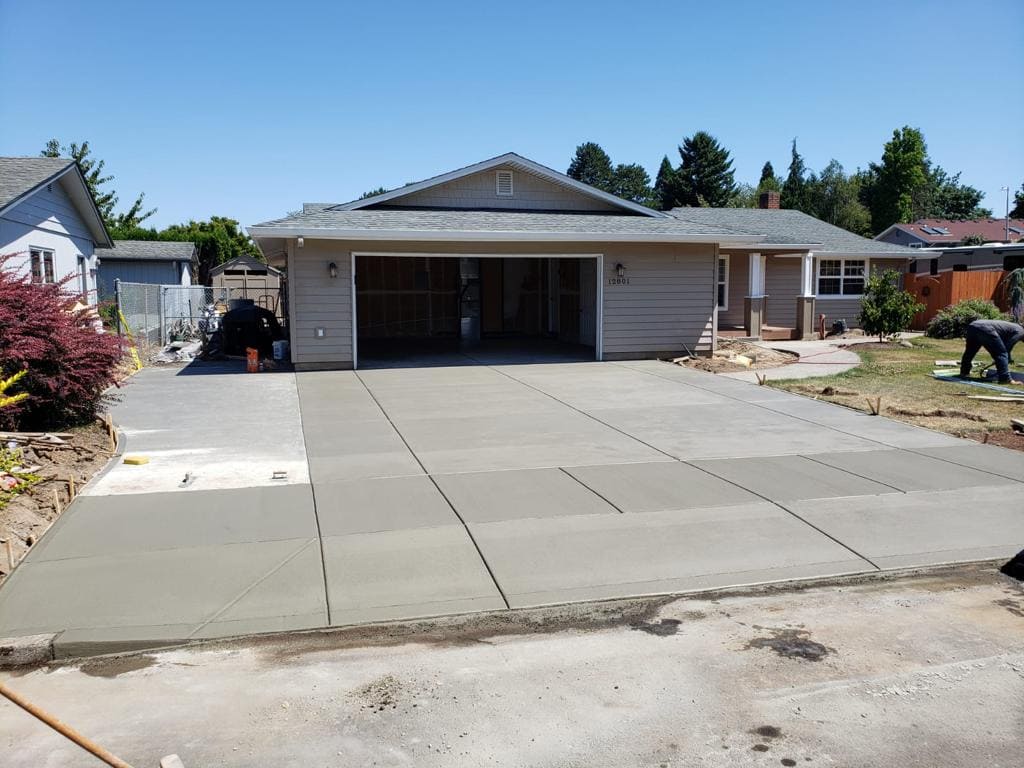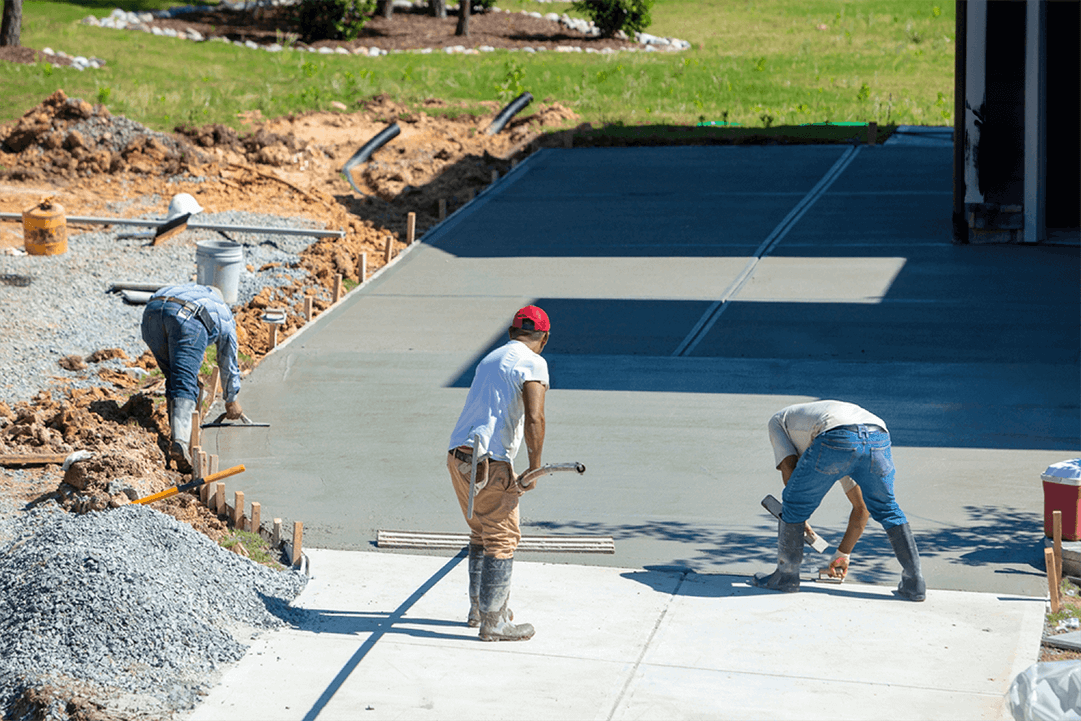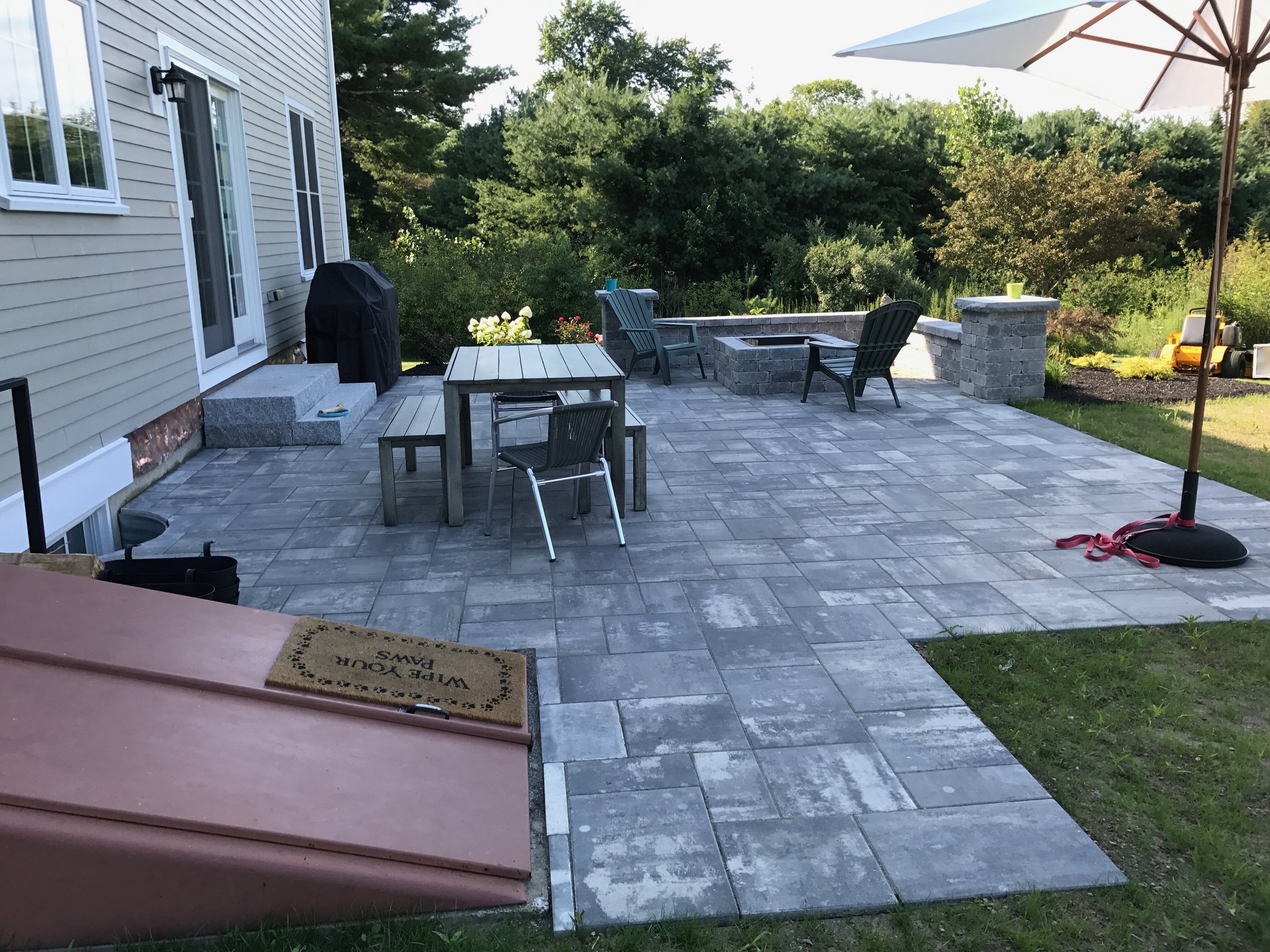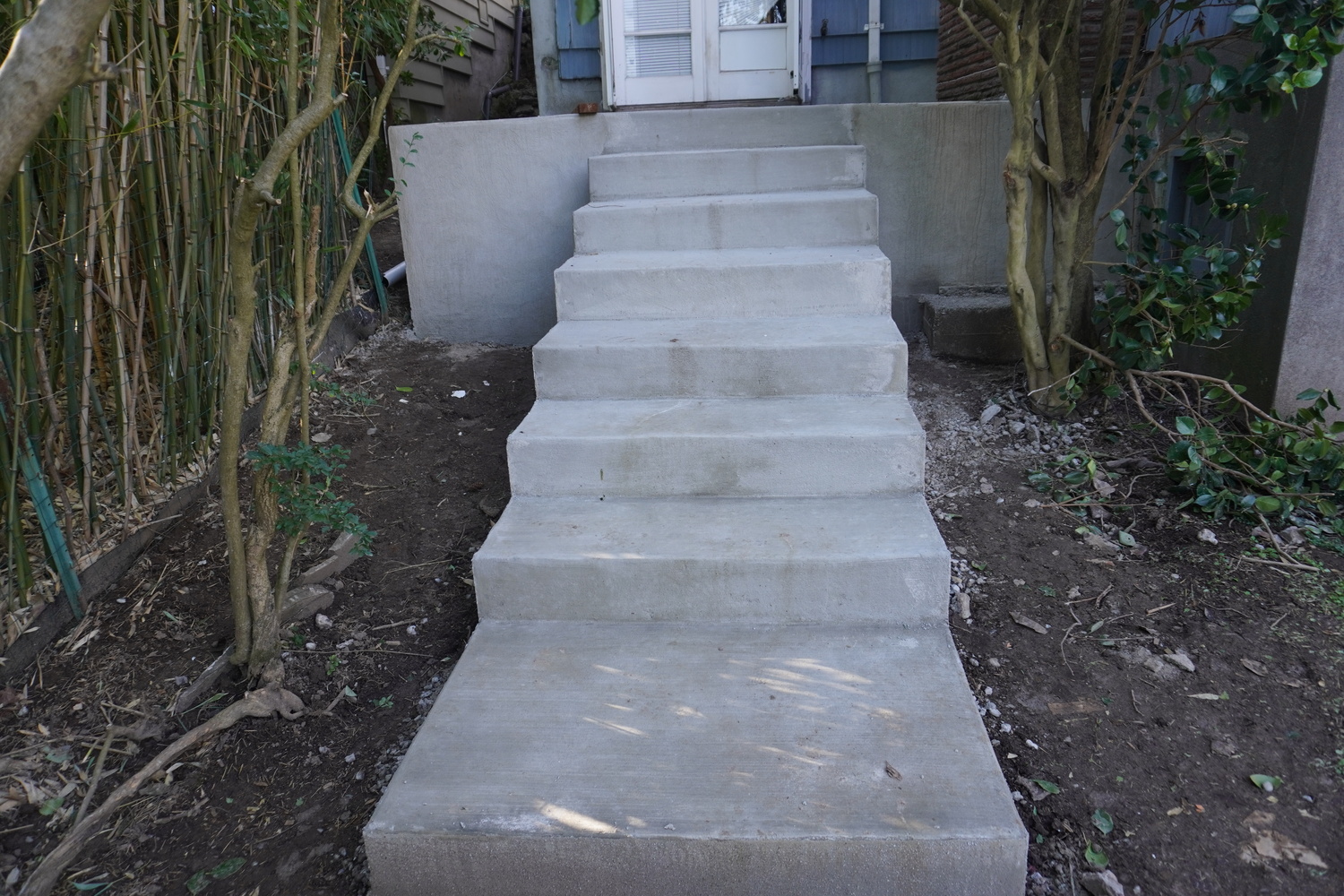Selecting the proper concrete for your driveway is an important choice that affects curb appeal and use. Various varieties of driveway concrete repair have varied advantages, such as durability and attractiveness. Making an informed decision might be aided by your comprehension of these possibilities and their applicability. There is a variety of concrete designed to satisfy your driveway needs, regardless of your priorities, affordability, aesthetic appeal, or environmental factors.
Consider weather, upkeep needs, style, and cost when choosing a concrete type for your driveway. Regardless of the concrete selected, proper installation and upkeep are essential to guaranteeing its durability and functionality. Speaking with an expert contractor can also yield insightful information specific to your construction requirements.
Choosing the Right Type of Concrete
A proper type of concrete for driveways is essential for their lifespan and durability. Here are a few well-liked choices:
- Stamped Concrete
Designed to mimic the look of different materials like stone, slate, or brick, stamped concrete offers adaptability. It entails putting textures and patterns on the concrete surface before it gets set. To produce a realistic and aesthetically beautiful finish, it is vital to have good craftsmanship. Periodic resealing and maintenance are required to preserve its appearance, particularly in high-traffic areas.
- Exposed aggregate concrete
This type of driveway concrete repair removes the top layer of cement to reveal ornamental aggregates like stones, pebbles, or shells on the surface. It has a textured, aesthetically pleasing appearance and has good slip resistance. Resealing is usually part of maintenance to preserve exposed aggregates and improve longevity.
- Simple or traditional concrete
As an inexpensive and long-lasting, plain concrete made of cement, sand, gravel, and water is a popular option for driveways. It might not have any ornamental components, but with the appropriate installation and sealing, you can improve its longevity and beauty. Moreover, it will become crucial to have regular maintenance to stop discoloration and deterioration over time. It includes sealing and occasionally reapplying protective coatings.
- Pervious Concrete
Because pervious concrete is designed with a porous structure, water can seep through the surface, minimizing stormwater runoff and promoting groundwater recharge. Its layout encourages water drainage and reduces puddling. To maintain optimal permeability and prevent blockage, maintenance calls for routine cleaning.
- Colored Concrete
Colored concrete offers a broad spectrum of customizable hues to enhance the appearance of your home by adding pigments or dyes to the concrete mix. To prevent color fading and protect the surface from sun exposure, UV-resistant sealers are frequently used.
- Fiber-Reinforced Concrete
The tensile strength of driveway concrete repair is increased by adding fibers (such as steel or synthetic materials), which reduce cracking and increase durability. This kind is particularly helpful in areas where soil movement and temperature swings are common. To get the most out of it, proper installation and curing techniques are essential.
Conclusion
When choosing a concrete repair type for your driveway, it’s important to balance aspects, including durability, aesthetics, maintenance requirements, and environmental impact. Your final decision will be based on your priorities, like durability, aesthetic appeal, environmental friendliness, or a mix of these. We at Xcelent Concrete can ensure your driveway not only satisfies your demands but also endures over time by considering your location, temperature, and unique requirements.




